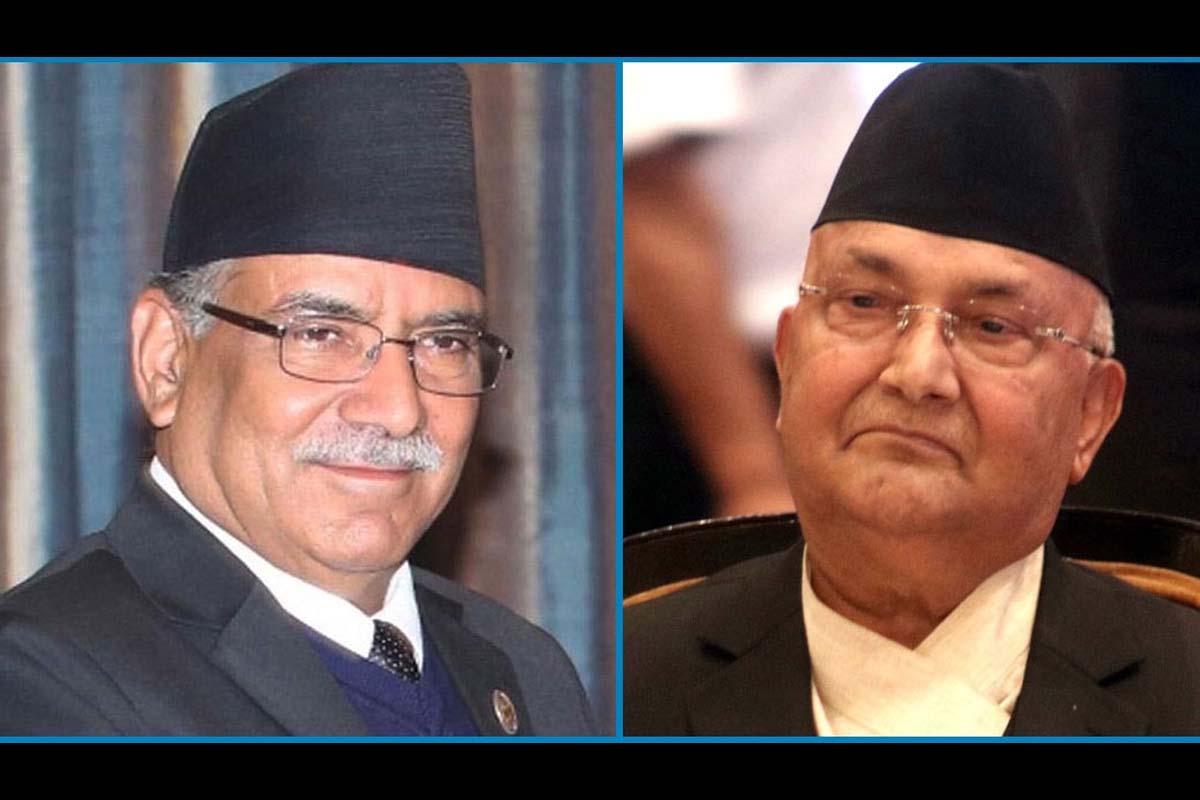Nepal lunges from crisis to crisis and both the Prime Minister, KP Sharma Oli, and the Opposition leader have drawn a blank after staking their claims to form a government. The competitive urge to be in the saddle in Kathmandu has led the Himalayan country nowhere. The President, Bidya Devi Bhandari’s decision to dissolve Parliament was made on the recommendation of the cabinet headed by Oli.
It bears recall that a not dissimilar recommendation had led to the dissolution of the House on December 20. In the net, the President has denied the claims of both the ruling and Opposition parties to form the government, arguably an indirect expression of no-confidence. In effect, it is again back to the people, who have been called upon to vote after having been deprived of governance for close to six months, during which time the Communist Party of Nepal virtually cracked up.
Advertisement
The President has announced new dates for the mid-term elections in November amidst a worsening of the deadly Covid-19 resurgence. “The President has dissolved the House of Representatives and ordered the first phase of general elections on 12 November and the second phase on 19 November,” said a presidential statement issued after midnight on Friday. The move came after both caretaker Prime Minister Oli and the Opposition leader, Sher Bahadur Deuba, failed to demonstrate a majority to form the new government by Friday, the deadline set by President Bhandari.
According to the President, Oli cannot be appointed as Prime Minister as 26 lawmakers of CPN-UML and 12 of Janata Samajwadi Party (JSP) that he (Oli) included in his claim to contend support of 153 House of Representatives members have signed in support of Deuba. The President also argued that Deuba cannot be appointed as UML Chairman and the parliamentary party leader has written not to recognise the signatures of 26 UML lawmakers.
On Friday afternoon, Oli staked claim first stating that he had the support of 153 members of the House of Representatives, including 121 CPN-UML lawmakers and 32 of Janata Samajwadi Party (JSP), just a day after telling President Bhandari to initiate the formation of a new government in accordance with Article 76(5) of the Constitution. He even admitted that he did not have numbers to countenance the floor test.
Likewise, the Opposition leader, Deuba, then reached Shital Niwas with a list of 149 lawmakers including 26 from the Khanal-Nepal faction of UML, 12 of the Yadav-Bhattarai faction of JSP and one from Rashtriya Janamorcha. He too has drawn a blank. The decision to dissolve Parliament was made on the recommendation of the cabinet headed by Oli, whose December 2020 dissolution of the legislature had sparked weeks of protests and was reversed by the Supreme Court as unconstitutional in February.
The political kerfuffle escalates as Nepal is battling a deadly second wave of the pandemic and is reporting 8,207 new infections on an average each day. The political class is disoriented and the crisis is overwhelming.









